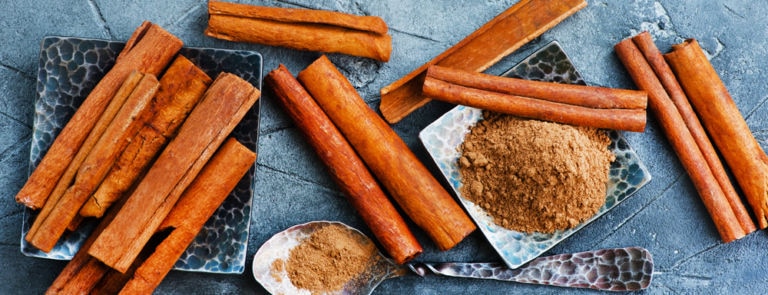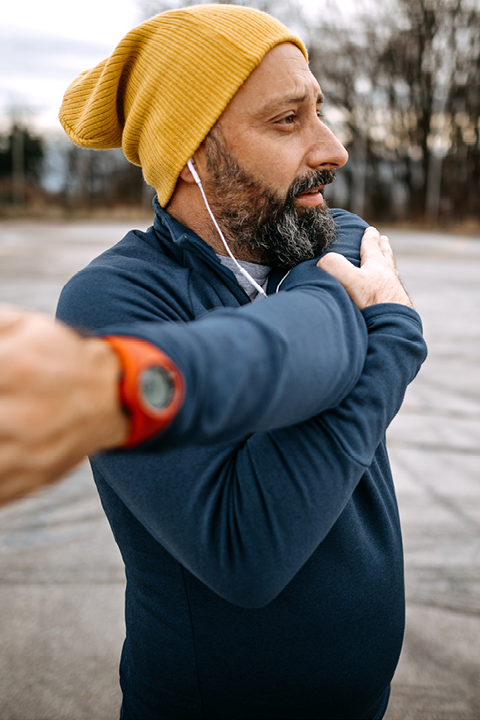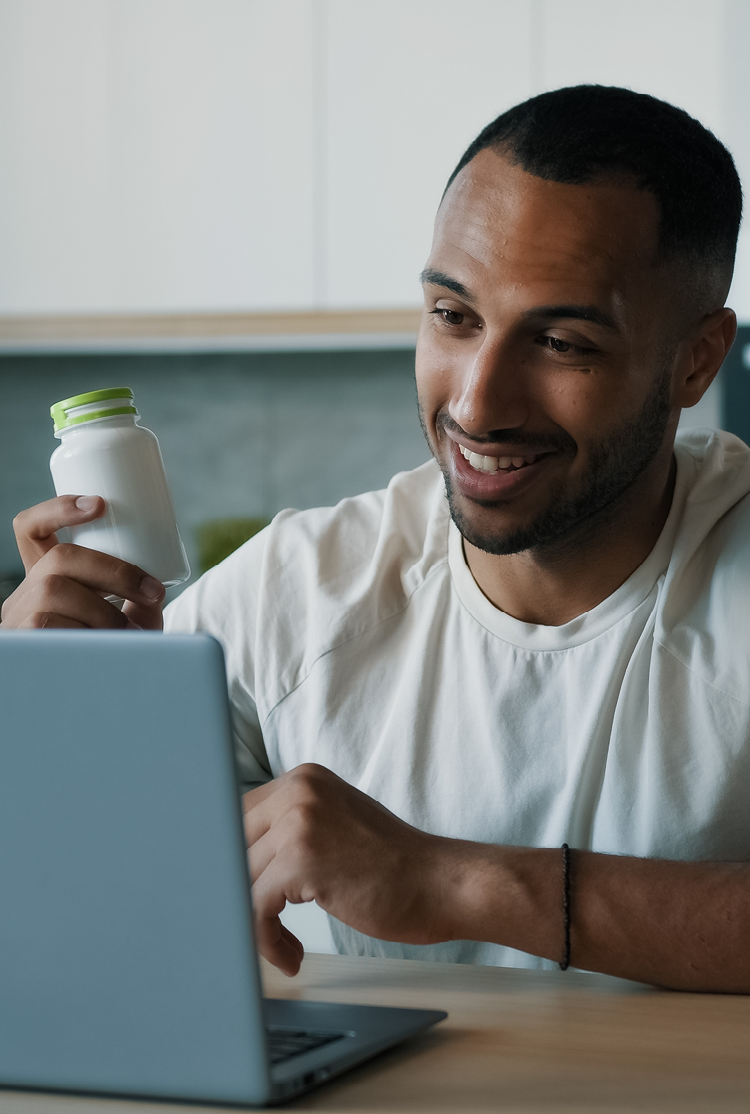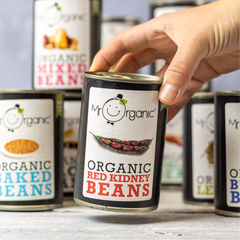B&C
|Carousel main title
Main title
We answer your most googled questions on vegan diets

People may follow a vegan diet for a variety of causes, such as personal preference, health reasons, or for environmental concerns.
If you’re wanting to find out what a vegan diet is, read on as we’ve answered your most commonly Googled questions on exactly that!
- What is veganism?
Veganism is against the exploitation of (and cruelty to) animals for food, clothing, or any other purpose, whilst also promoting the development and use of animal-free alternatives for the benefit of animals, humans and the environment.1
- What is a plant-based diet?
Differently to vegan diets, plant-based diets do not necessarily eliminate animal products, but focus on eating mostly plants, such as fruits, vegetables, nuts, seeds, and wholegrains.2
- What foods do you avoid if you’re vegan?
A vegan diet is based on plants (such as vegetables, grains, nuts, and fruits) and foods made from plants.
Vegans do not eat foods that come from animals, including dairy products and eggs.3
- What’s the difference between vegetarian and vegan?
Vegetarians don’t eat any animals, including pigs, chickens, cows, fish, and all others.
In addition to not consuming any animal flesh, vegans also don’t consume dairy milk, dairy cheese, eggs, or any other product derived from an animal.4
- Do vegans eat honey?
No, most vegans do not eat honey as it is produced by bees.
- How do vegans get protein?
There are many plant-based food sources that contain adequate protein, such as quinoa, pulses, tofu, nuts and seeds, chia seeds, buckwheat, oats, brown and wild rice, grains and vegetables.5
- Are vegans healthier?
Vegan diets tend to include a lot more fruit and vegetables, which are rich in vitamins and minerals and high in fibre. Vegans also tend to eat more wholegrains, soy and nuts - all of which can help to protect your heart.6
However, vegans can often find themselves deficient in essential nutrients, especially vitamin B12. If you’re vegan it might be worth looking for a multivitamin that contains Vitaminvitamin B12, iodine, and zinc, to help keep these nutrients topped up.
We hope that the above has cleared up some of your questions surrounding veganism, and the difference between a vegan diet and a plant-based diet. Check out our Vegan Recipes page for lots of inspiration and delicious vegan treats.










